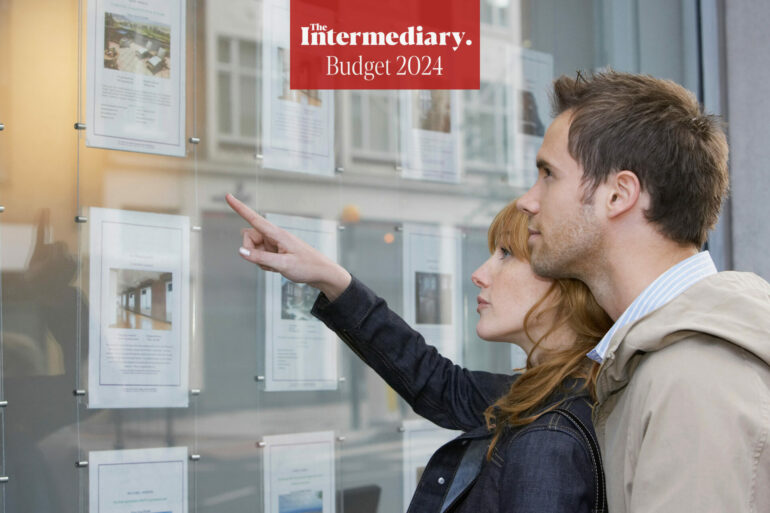Rightmove’s Autumn Budget analysis indicates that if current Stamp Duty thresholds are not made permanent, the average first-time buyer will pay £3,538.
The percentage of all home-movers exempt from Stamp Duty is set to drop from 28% to 5% as the threshold lowers from £250,000 to £125,000.
For first-time buyers, exemption will decrease from 61% to 40% with the threshold dropping from £425,000 to £300,000.
A Rightmove survey of more than 34,000 people revealed that simplifying the home-buying process (44%) was the top priority for homeowners, while more support for first-time buyers (60%) was the key concern for renters.
Reforming the Stamp Duty system (46%) was the main focus for landlords, with improvements to the energy efficiency of rental homes rated lowest at 12%.
Market activity remained strong ahead of the Budget, with the number of sales agreed up 29% year-on-year, inquiries to estate agents up 17%, and available homes for sale up 12%.
However, landlords face uncertainty over upcoming Energy Performance Certificate (EPC) regulations and potential costs for green upgrades.
An estimated 2.9 million rental properties need to reach an EPC Band C rating at a total cost of £23.4 billion, averaging £8,074 per property for landlords.
Half of landlords (50%) are concerned about potential charges for failing to meet EPC requirements.
Nathan Emerson, CEO of Propertymark, said: “The UK Government’s announcements within its Autumn Budget are crucial to the future of the housing market and wider economy.
“We know that the Stamp Duty tax incentives of 2020 helped stimulate the UK economy in response to the lockdowns that were taking place that year.
“Therefore, as buying a home remains an unaffordable aspiration for many people, especially at a time when the average house price keeps increasing in value, any future reforms must ensure that more aspirational homebuyers are not pushed out of the housing market and assistance is available for those wishing to take their first step onto the housing ladder.”
Emerson added: “At a time when renting is also becoming increasingly expensive due mostly to a lack of supply and increasing demand, any Stamp Duty reforms should also guarantee that there are incentives for those wishing to invest in the private rental sector to boost the number of homes available to rent and ultimately bring down rents for tenants.”



